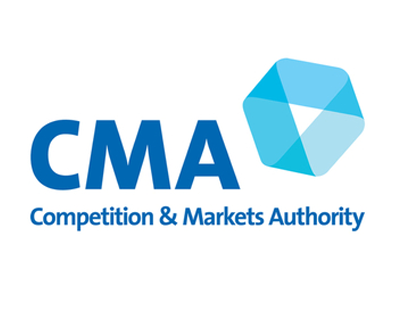New guidance spells out how leniency can be exercised on agencies or individuals who inform on anti-competition cartels of the kind that have existed in the industry in recent years.
The guidance, issued yesterday, came from the Competition and Markets Authority.
It applies across all business sectors but estate agency has a track record of three cartels exposed by the CMA in recent years.
The latest was in December 2019 when four agencies were found to have broken competition law by agreeing to fix and maintain a minimum level of commission fees to be charged for the sale of residential properties over a period of almost seven years. The companies were fined a total of £605,519.
As recently as September the CMA issued a warning to the agency industry about cartels - that warning highlighted the case of five Somerset estate agencies which in 2017 were fined over £370,000 and had four directors subsequently disqualified.
The rival agents all fixed their minimum commission rates at 1.5 per cent and according to the CMA their rationale was contained in an email between some of the conspiring firms.
Now the CMA has issued guidance explaining its procedures when there are allegations made of anti-competitive activities under the Competitions Act 1998, known as CA98 - this was the law of which some of the agency activities fell foul in recent cases.
The new guidance explains how a firm that ‘tells’ on another, may be able to “take advantage of the benefits of the CMA’s leniency programme prompting them to approach the CMA with information” about the alleged cartels.
The lengthy CMA document goes on: “By confessing to the CMA, a business could gain total immunity from, or a significant reduction in, any financial penalties the CMA can impose.”
Additionally, “co-operating current and former employees and directors of companies which obtain immunity from financial penalties will normally receive immunity from prosecution. Also, an individual who comes forward with information about a cartel may receive immunity from criminal prosecution.”
The authority adds that it will not apply for a disqualification order against any current director of a company whose company has benefited from the leniency programme.
Later in the document the authority says: “The CMA understands that individuals and businesses may want to ensure that details of their complaints are not made public. If a complainant has specific concerns about disclosure of its identity or its commercially sensitive information, it should let the CMA know at the same time as submitting its complaint.”
However, any agent believing their identity would always remain a secret may be in for a surprise.
The document states: “If the CMA decides to open a formal investigation, it may, at some point during the course of that investigation, need to reveal a complainant’s identity and/or the information supplied by it, so as to allow the business under investigation to respond properly to the information provided.”
The guidance is a hefty document and you can read it here.


























Join the conversation
Be the first to comment (please use the comment box below)
Please login to comment